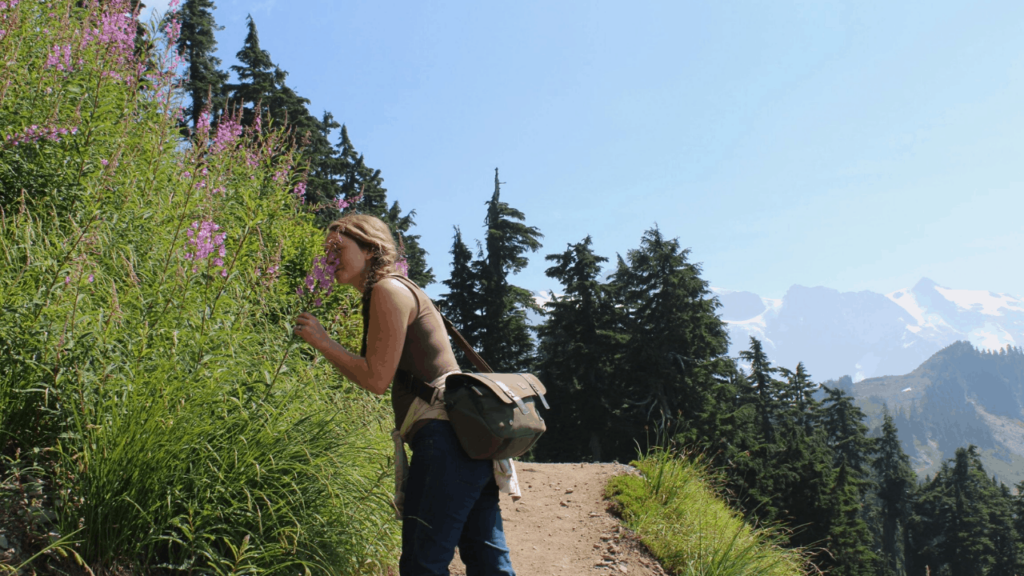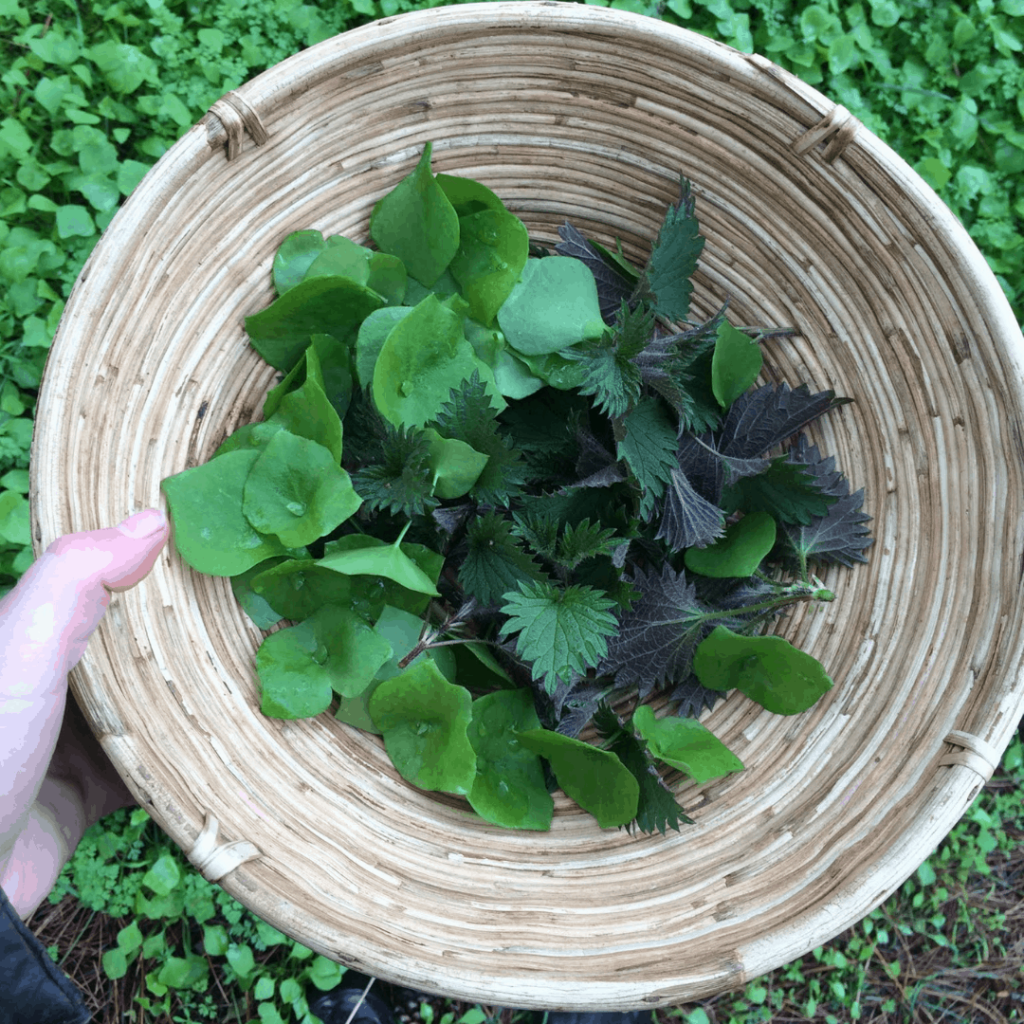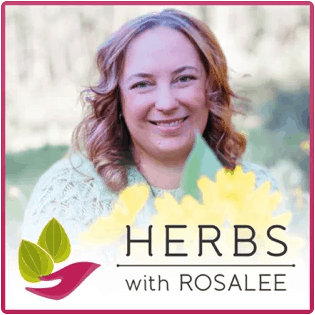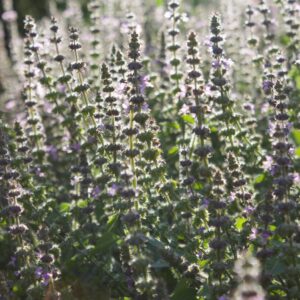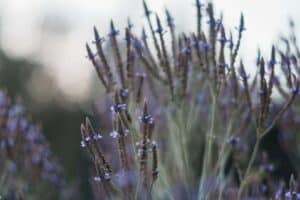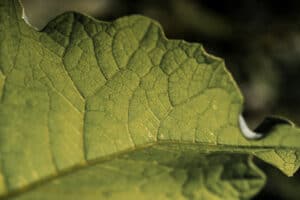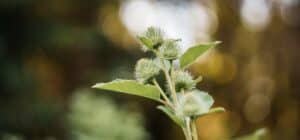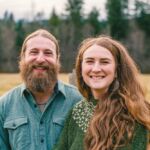What would happen if everyone started wildcrafting? Is it actually ethical or sustainable?
With herbalism and foraging wild foods becoming increasingly popular these days, it’s important for us to ask these questions – especially as we see the at-risk and endangered list of plants growing every year.
As herbalists, our lives are in service to the plants and we have a responsibility to stand for them, to protect and care for them, to ensure they have the ability to flourish so that the future generations may have access to their healing medicine.
Many of us have been raised in the extractive culture of modernity where our imprinting is to take what we want from nature without limits or thoughts to the consequences of our taking. We’ve seen the destructive repercussions of what this has done to our world and if you’re walking the plant path, you’re likely trying to do everything you can to avoid perpetuating this.
On the other hand, there’s a strong belief amongst those of us trying to ‘save’ nature that we need to stay away from the wild and leave the land untouched in order to preserve nature.
But is this really the best way to respect the natural world?
How do we walk as herbalists in relationship to the healing medicines that grow free and wild? And why is it critically important that we build relationships with these wild beings?
These are questions Rosalee de la Forêt and I discuss in this week’s episode of The Plant Path podcast. In this episode Rosalee breaks down some of the myths we’ve been told around wildcrafting and she sheds light into how we can cultivate reciprocity with the plants that grow freely around us.
Click here to listen to this episode, Truly Ethical Wildcrafting: Creating Reciprocity and Relationship with Wild Plants and Places featuring Rosalee de la Foret
Our conversation today revolves around Rosalee’s book Wild Remedies: How to Forage Healing Foods and Craft Your Own Herbal Medicine. It’s a powerful book that helps rekindle your connection with the earth by crafting your own herbal medicine. It includes dozens of recipes, illustrations, and photographs.
Here are some of the other things we discuss:
- The myth doing the most damage to our earth today
- Why we fear nature … and what love of nature actually looks like
- The “wake-up” moments that led to us becoming herbalists
- We ask several questions: Is wildcrafting actually ethical? With foraging wild foods and herbalism becoming more and more popular, what would happen if everyone started harvesting wild foods & medicinal plants?
- Rosalee explains why she always starts her teaching about herbs with “weeds”
- How to work in harmony with the plants in your bioregion … even as they change from year to year
- Why it’s important to think about how you can be of service to plants
- How to think about the symbiotic relationship between plants and people
- We share our deeply moving visits to our ancestral lands and meeting the plants our ancestors have had relationships with for eons
- The importance of honoring and working with the indigenous people of the land you live on and the lands you visit or wild harvest from
Rosalee is incredibly passionate about inspiring people to enjoy plants every single day, whether it’s marveling in their beauty or using their gifts as food and medicine. She makes herbal medicine easy and accessible to all kinds of people.
Rosalee is the author of the bestselling book Alchemy of Herbs: Transform Everyday Ingredients into Foods and Remedies That Heal, and she’s the co-author of the instant bestseller Wild Remedies: How to Forage Healing Foods and Craft Your Own Herbal Medicine, which she wrote with Emily Han.
Rosalee also recently started a podcast channel called Herbs with Rosalee, you can learn more and subscribe here. She also has a YouTube channel by the same name and you can check it out here.
Rosalee is a registered herbalist with the American Herbalist Guild and was an herbal clinician for six years before dedicating herself to herbal education. In addition to writing articles and books, she teaches many online courses about herbalism and medicine making. Rosalee lives in a log cabin in the Northeastern Cascades of Washington State.
You can find out more about Rosalee at https://www.herbalremediesadvice.org/.
To learn more about at risk and endangered plants, please check out United Plant Savers.


